
Following extensive consultations between the Minister for Transport and stakeholders in the transport sector, government has agreed to discontinue the mandatory towing levy.
The towing levy is a Legislative Instrument (LI) 2180 parliament passed in 2012 under the Road Traffic Regulations 2012, which, in regulation 102(3), imposes a mandatory levy on all owners and persons in charge of motor vehicles.
The levy, scheduled to have commenced on 1st July, this year was, however, deferred to September, this year, after the Roads and Transport Committee of Parliament had recommended its passage.
In its recommendation, Parliament requested that a biannual performance report on the operations should be submitted through the Minister for Transport for probity and accountability.
The Committee explained that abrogating the contract, which was signed with the Road Safety Management Limited (RSML) in 2016, would cause the country judgment debt.
The Committee agreed with the RSML to cede five percent of its 85 percent share of charges to the National Health Authority (NHA) and the National Ambulance Service (NAS).
Driver and Vehicle Licensing Authority (DVLA) and Ghana Police Service (GPS) would each take five percent, while the Ministry of Finance and the National Road Safety Commission (NRSC) would also be allocated 2.5 percent each from the proceeds.
The mandatory levy is for the purpose of towing broken down or disabled vehicles on the roads.
The implementation agencies, NRSC and RSML, welcomed the date for the collection of the levy, but there was public agitation after the announcement.
Identifiable groups such as IMANI, Chamber of Petroleum Consumers (COPEC), the Ghana Private Road Transport Union (GPRTU) and a section of media practitioners were among the millions of Ghanaians who expressed their abhorrence for the policy.
Therefore, in response to the wild agitations by the public, Kwaku Ofori Asiamah, the Minister for Transport, yesterday said: "Government has decided to seek a review of parts of the law, specifically to achieve the removal from the law, the concept of a mandatory towing levy on all owners and persons in charge of motor vehicles and trailers.
"The role of government in the provision of towing services will be limited to only licensing and regulating service providers."
The Minister went on to indicate that: "government renews its commitment to the Policy position that broken-down vehicles ought to be removed from our roads to avert accidents."
In conclusion, Mr Asiamah explained that new modalities for dealing with the problem of broken down or disabled vehicles would be formulated and announced in due course.
In fact, had the policy been allowed to start in September, owners of motorcycles would pay GH¢10 per year, cars with engines capacity less than 2,000CC (less than 2.0) would pay GH¢40, buses and passenger commercial vehicles would pay GH¢80, while articulated trucks would pay between GH¢80 and GH¢100 annually.
Motorists whose vehicles break down on the main road would be required to call a toll free number and within an hour, a towing vehicle would arrive to tow the vehicle away, while it would take within two hours after the call was placed for vehicles which break down on highways to be towed.
Kwame Kodua Atuahene, Communications Manager for the NRSC, had earlier courted motorists to support the new towing levy to help save lives by removing the disabled vehicles from the roads.
Following parliament's request of a biannual performance report on the operations to be submitted through the sector Minister, for probity and accountability, Mr Atuahene urged the general public to hasten slowly, explaining that the recommendation from the Committee on Roads and Transport showed how important the need for the implementation of the towing levy was, as it would help curb the carnage on Ghana's roads.
Read Full Story
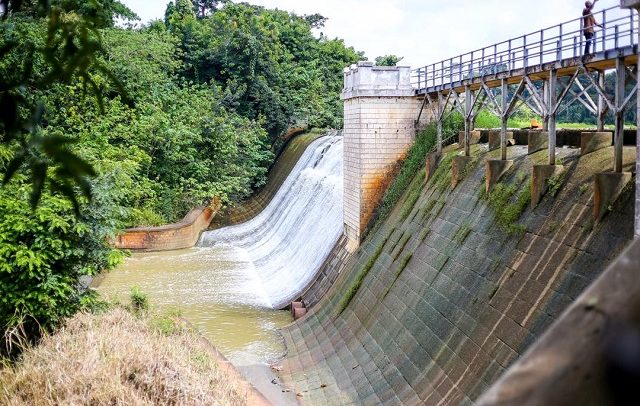




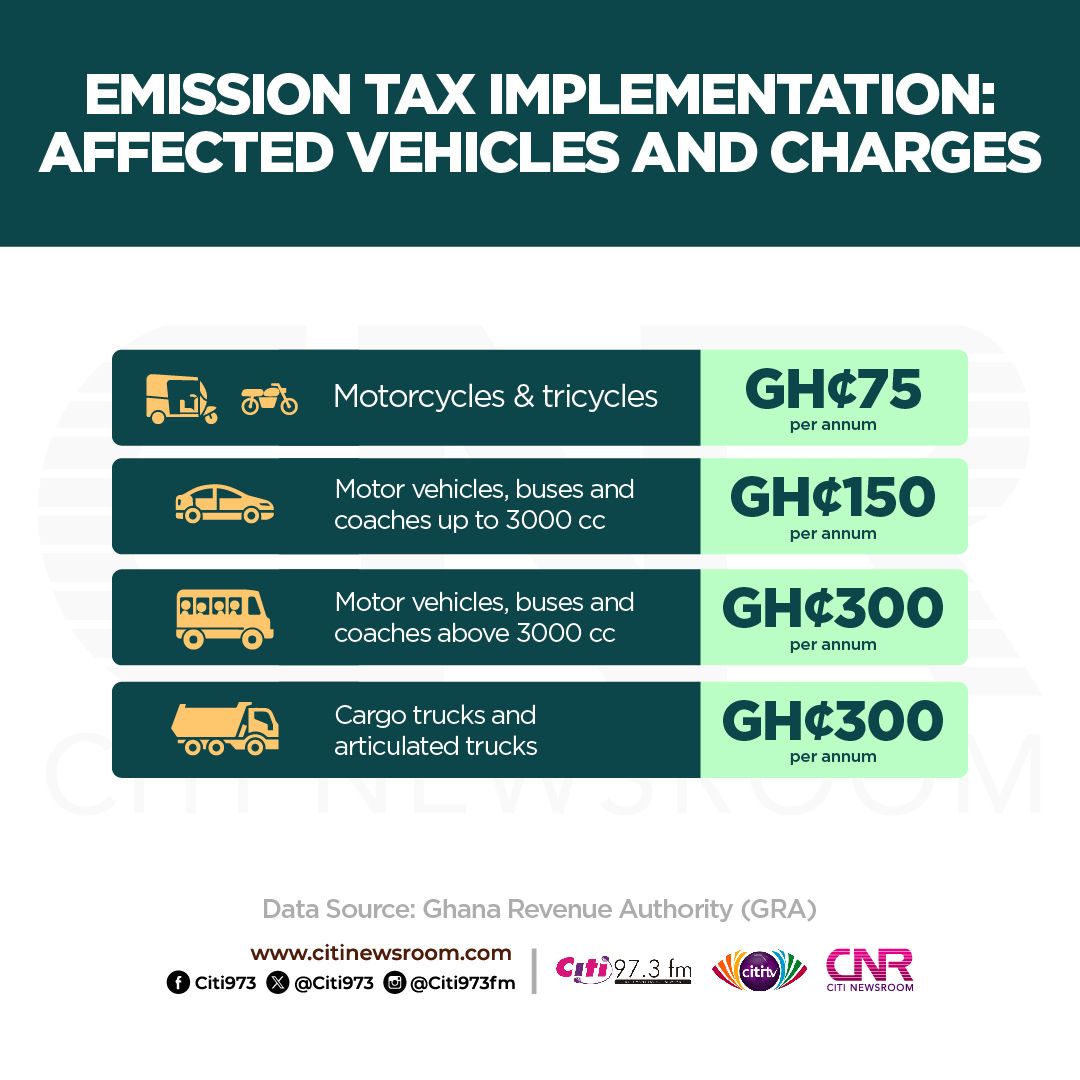
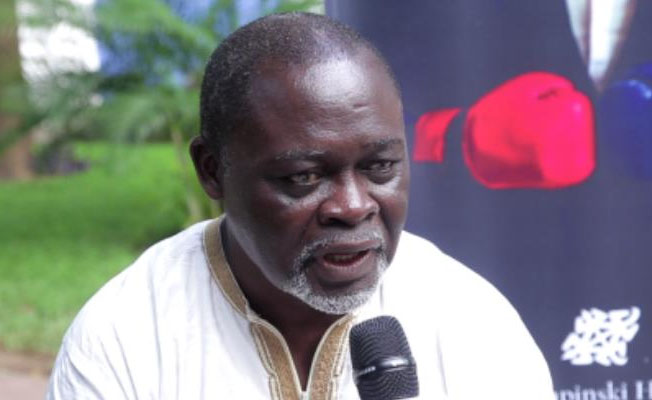
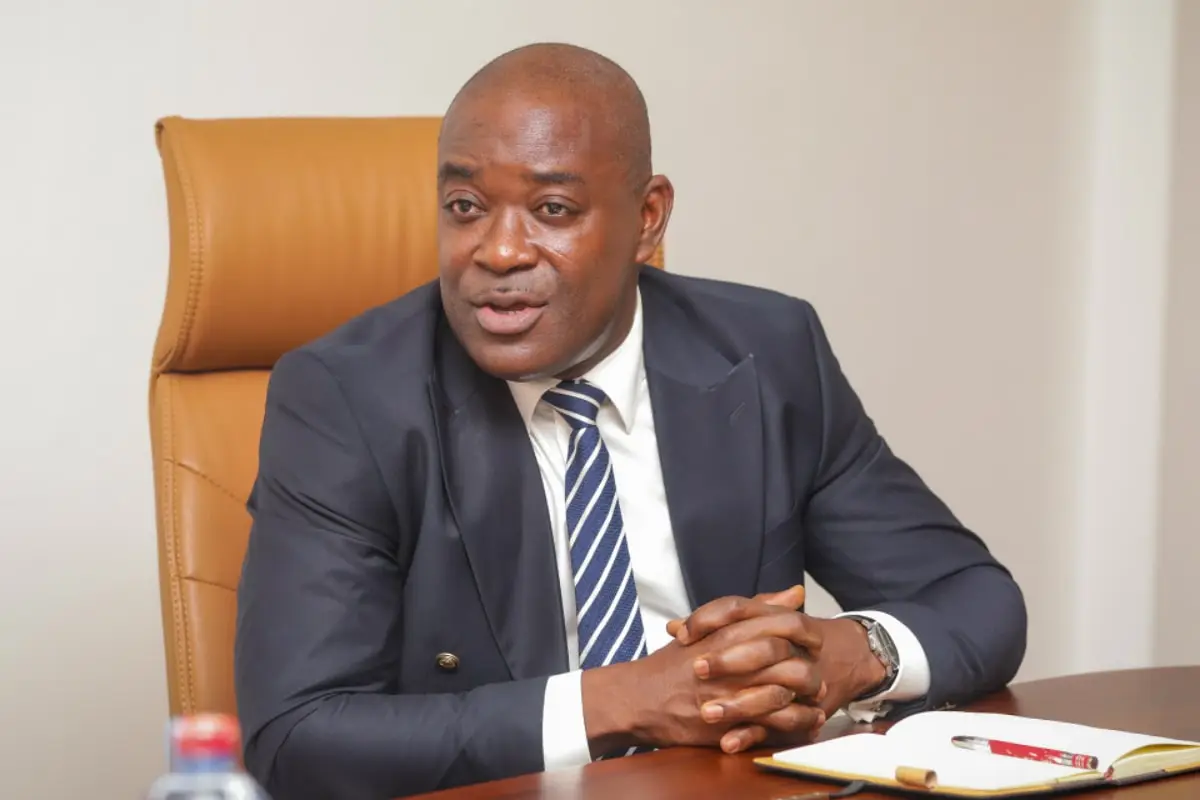




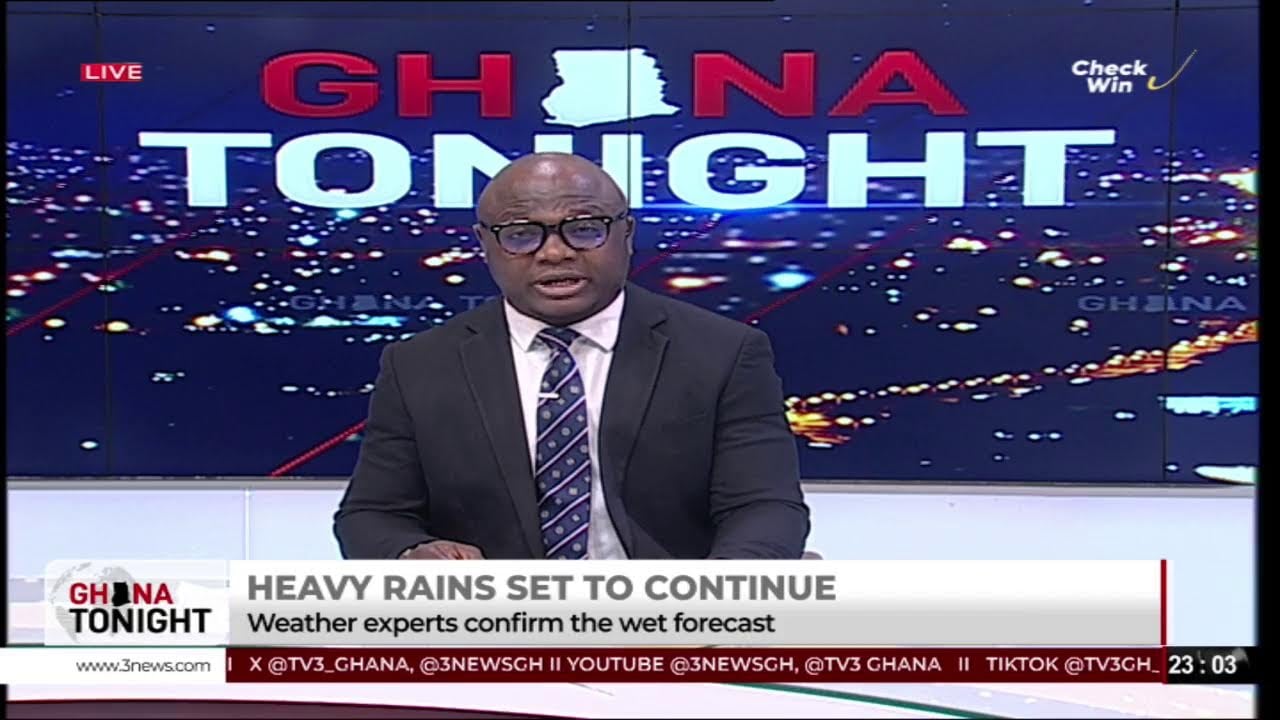
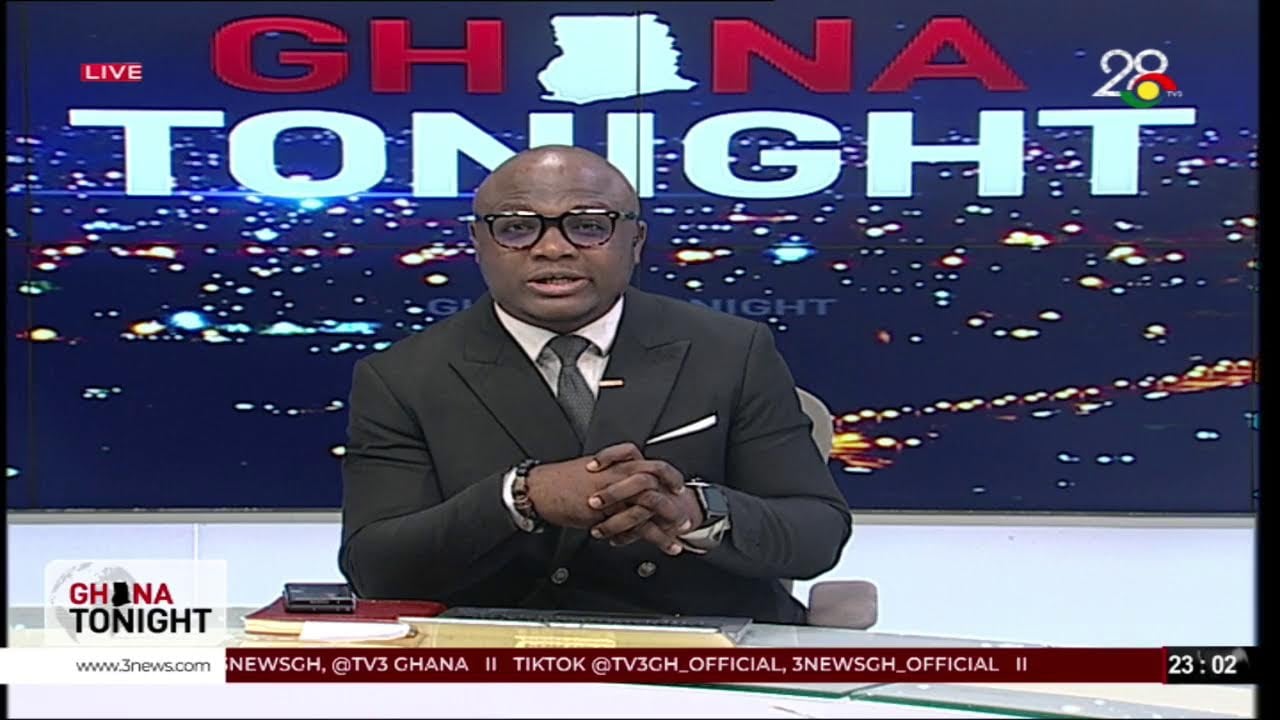
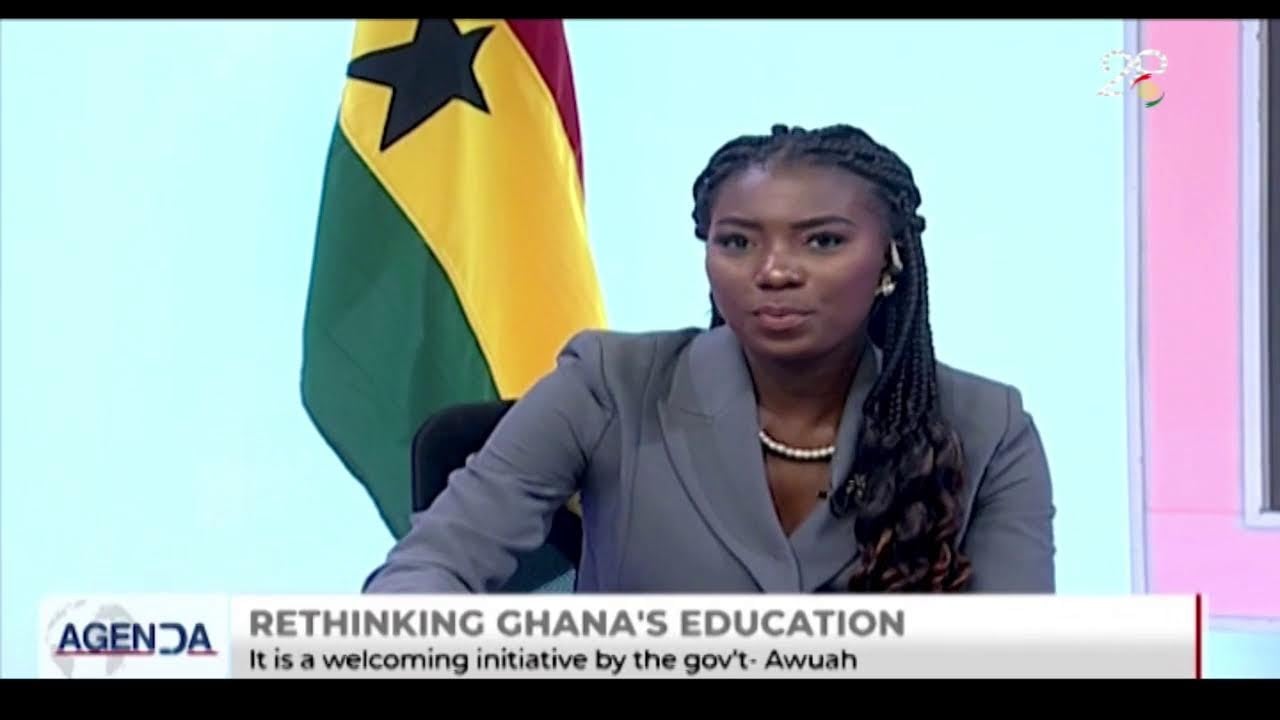






Facebook
Twitter
Pinterest
Instagram
Google+
YouTube
LinkedIn
RSS